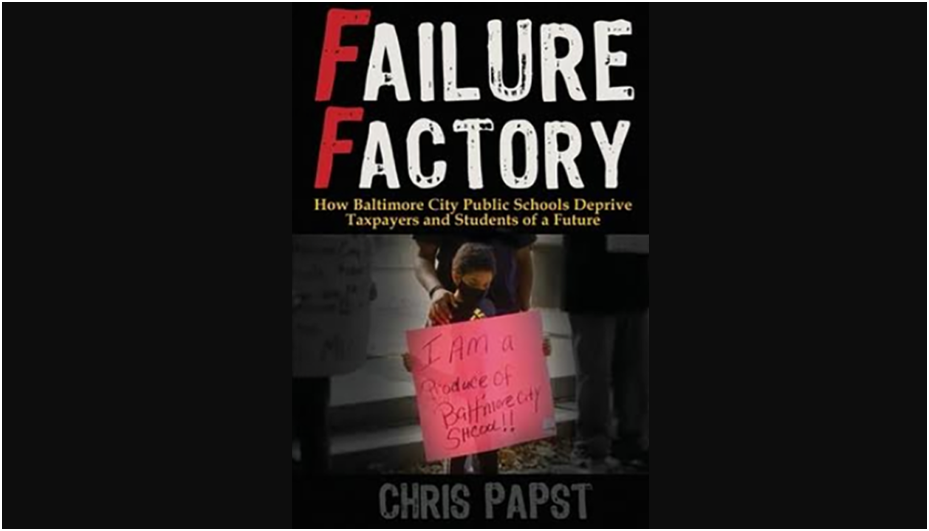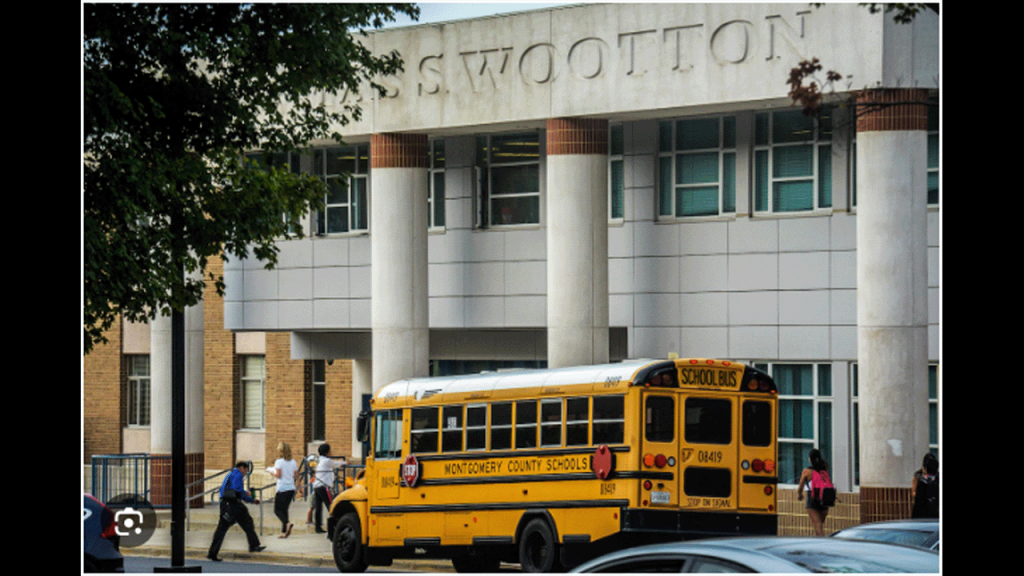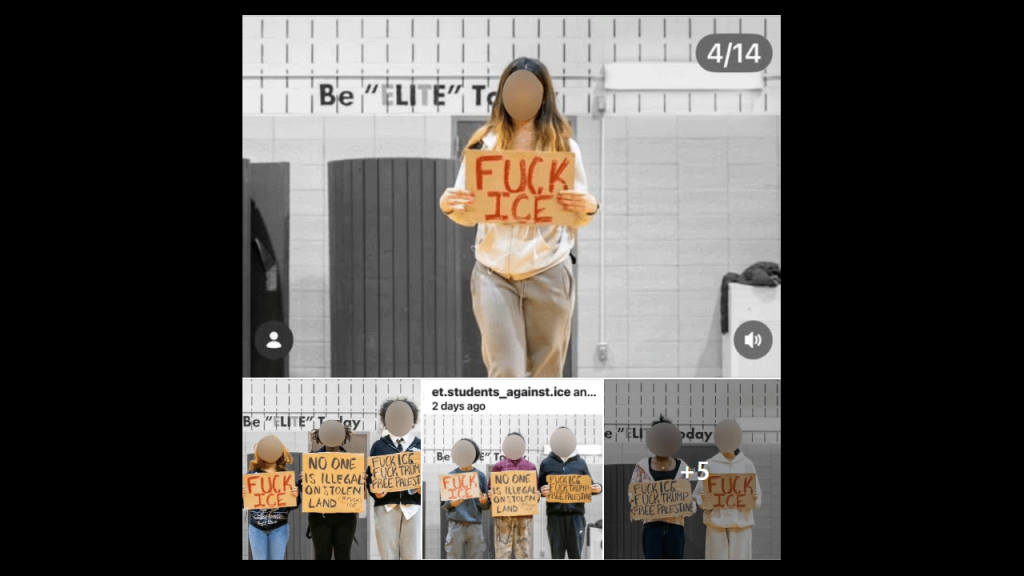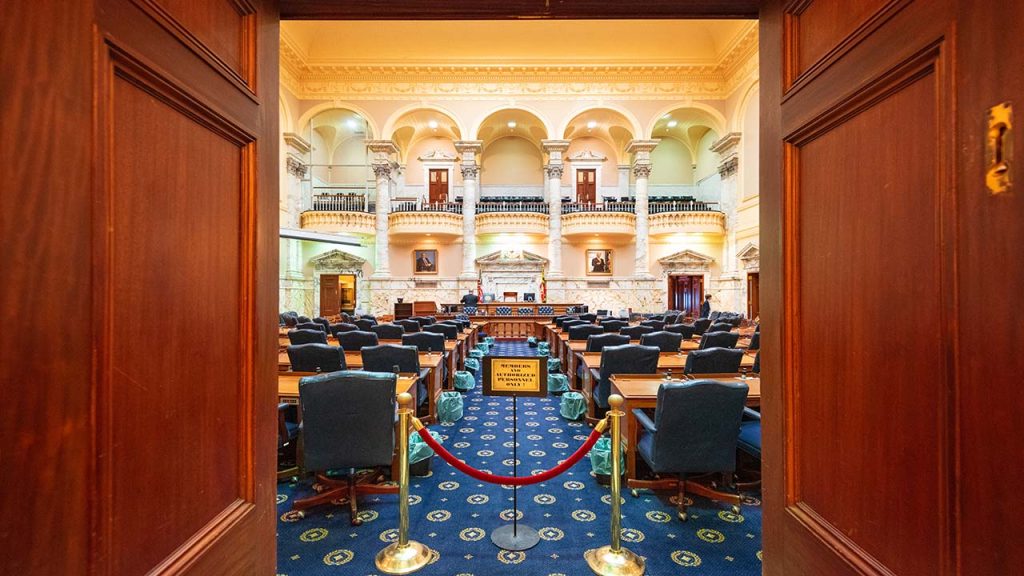

Freedom or Control? The Hidden Agenda Behind Maryland’s New Library Law
The Impact of the Freedom to Read Act on Worcester County’s Autonomy
The result of the Freedom to Read Act in Worcester County Public Schools is simple. We are left exclusively with the school librarians’ decisions regarding what books to add to the collection of the schools’ libraries. Librarians and librarians alone decide what goes on the shelf in Worcester County Public Schools, and no one will ever be able to challenge it.
Worcester County, Maryland, is generally a conservative county on the state’s Eastern Shore, and we are paying the price for our political stance. We regularly find ourselves at odds with the progressive agenda driven by state-level politics. In a county where Republicans are in the majority, the imposition of state policies is not only an overreach but also a direct punishment for its political stance.
Governor Wes Moore’s recent signing and enactment of the so-called “Freedom to Read Act” is a prime example of the state’s encroachment on local control. The legislation, designed to prevent book bans in public and school libraries, mandates that materials cannot be removed due to “partisan or doctrinal reasons.” What does that mean? What reason is there for removing a book that would not be considered partisan or doctrinal? The bill’s proponents argue it ensures diverse representation and protects librarians; however, it effectively strips local communities of the power to make decisions aligned with their values. In addition, it provides a vague and unenforceable stipulation that will essentially not allow any book to ever be challenged for any reason.
In Worcester County, this legislation means that even books with controversial or extreme ideologies, such as pro-Nazi or pro-Communist materials, cannot be removed based on the community’s consensus. This imposition ignores the county’s desire to maintain educational content that aligns with its values, undermining the principle of local governance. The act, while protecting literary diversity, also enforces a one-size-fits-all approach that fails to respect local preferences and concerns.
The process for challenging a book in Worcester County schools, although not perfect, was at least executed properly prior to the enactment of the legislation. Recently, a book was challenged, and although the book remained, the process allowed for a structured review in accordance with the policies. While the result was not ideal for everyone, it reflected procedural fairness. Under the new law, however, no book would be able to be challenged or removed—none.
The Worcester County school system does not currently follow or even recognize its own policy requiring multiple steps and committee review prior to materials being placed in schools. Based on the information provided at the December 2023 Board of Education Meeting, the only person who determines if materials are added is the school librarian. It is, according to their own information, then approved by one other individual from the central office. Not only is this clearly in conflict with WCPS current policies and procedures, but it also creates a substantially unbalanced system.
Worcester County’s non-compliance with its own procedures notwithstanding, this legislative overreach effectively removes any checks and balances on the content accessible to students, leaving parents and community members powerless. It ignores the unique cultural and educational values of local communities, imposing a rigid and inflexible framework that fails to accommodate differing perspectives and needs.
The implications of the Freedom to Read Act extend beyond just book selection. It sets a concerning precedent for state-level interference in local matters. The ability of local communities to govern themselves and make decisions that reflect their collective values is a cornerstone of democratic governance. When state policies override local control, it erodes trust and creates a sense of disenfranchisement among community members.
Moreover, this act could lead to a homogenized educational environment where the richness of diverse local cultures and perspectives is diminished. Worcester County, with its distinct identity and values, deserves the autonomy to shape its educational content in a manner that reflects its community ethos.
I encourage the Board of Education in Worcester County and others to challenge the state on this clear overreach of power. More specifically, they should address the vague and unenforceable nature of the law, which removes the ability for anyone to remove any book for any reason. It is imperative to restore a balanced approach that respects local autonomy while ensuring diverse representation and protecting the rights of all community members.
Dig Deeper With Our Longreads
Newsletter Sign up to get our best longform features, investigations, and thought-provoking essays, in your inbox every Sunday.
The MEN was founded by John Huber in the fall of 2020. It was founded to provide a platform for expert opinion and commentary on current issues that directly or indirectly affect education. All opinions are valued and accepted providing they are expressed in a professional manner. The Maryland Education Network consists of Blogs, Videos, and other interaction among the K-12 community.










